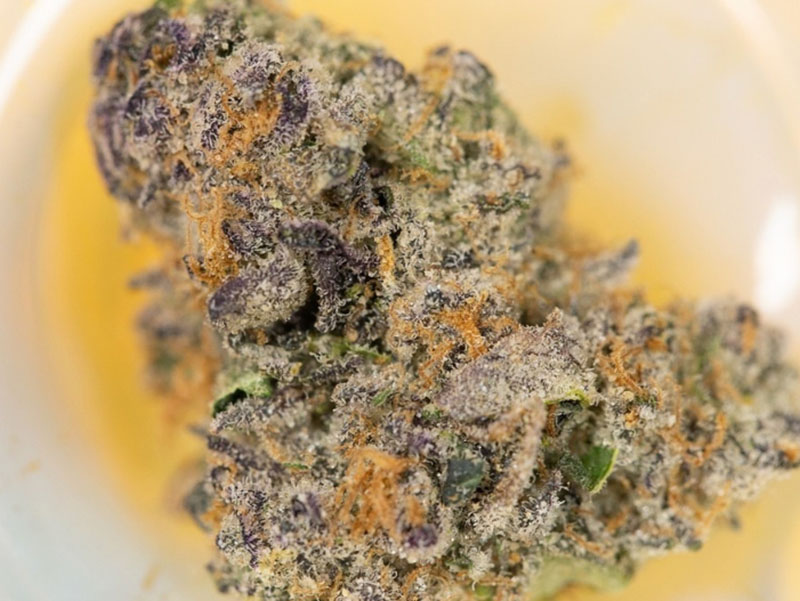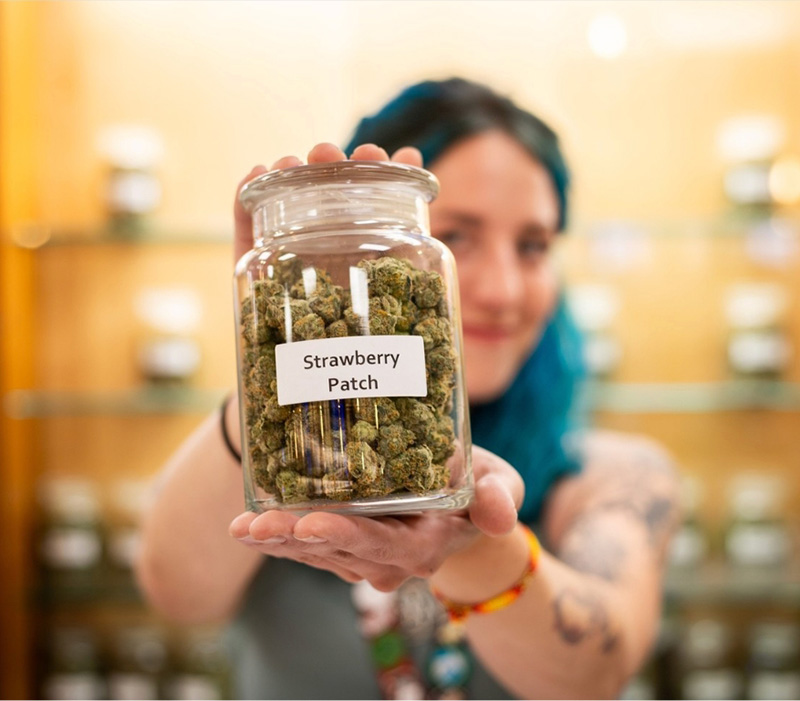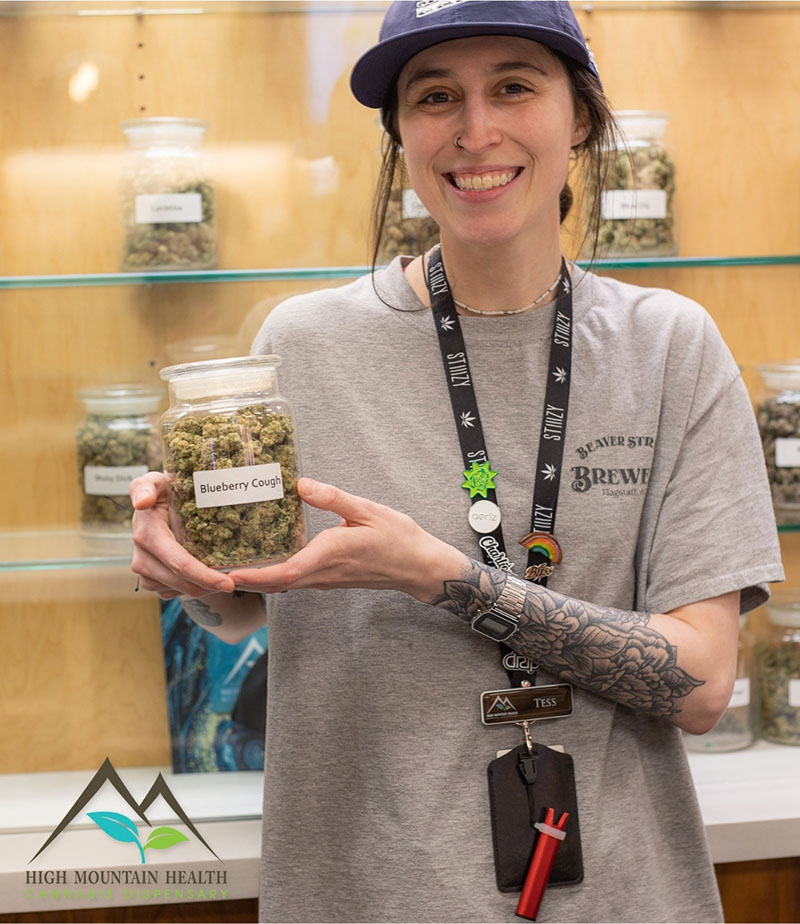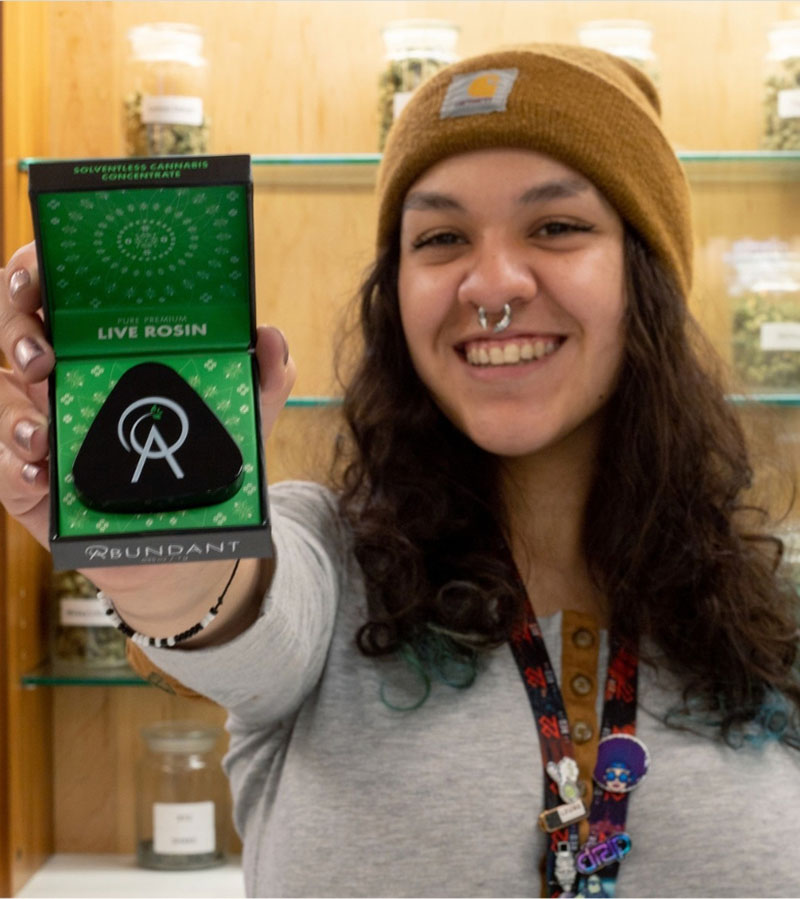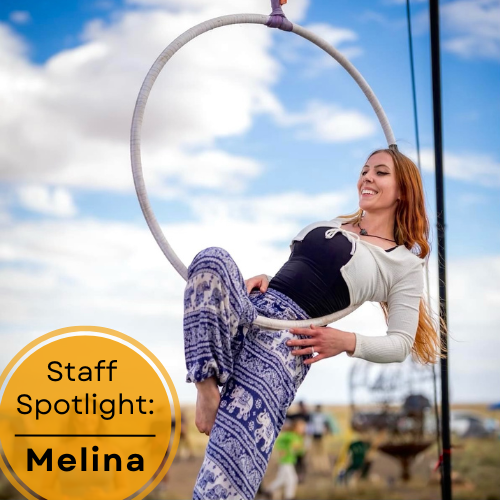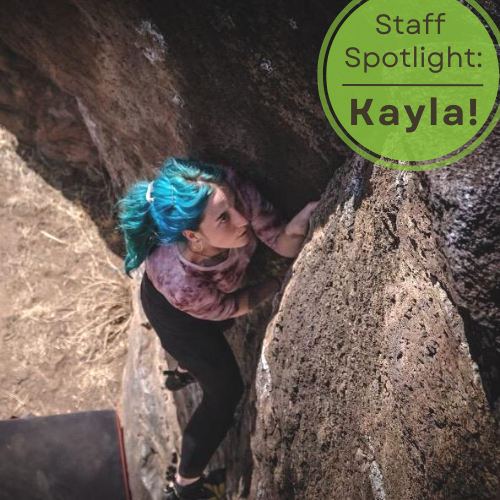Once again, it is election season. If you're not living completely off the grid, you probably know 2016 has been a year of intense politics. The upcoming election will undoubtedly result in some major changes across the country. You probably have also heard Proposition 205, the campaign to regulate marijuana like alcohol, is officially on the ballot for Arizona voters in November.
The initiative would legalize the use of recreational marijuana for adults aged 21 and older.
Some major points from the legislation include:
- A Department of Marijuana Licenses and Control will be established, consisting of seven members. Four of these members do not have any financial interest in marijuana establishment, while the three others operated a marijuana establishment previously. These individuals will be appointed by the governor of Arizona. The Department's duties will be to enforce rules, regulation and to distribute dispensary licenses.
-
The number of retail stores will be capped at 10 percent of the number of liquor store licenses, which is currently fewer than 180.
- Adults 21 and older may posse
ss one ounce of marijuana and consume it privately. - Adults may grow up to 6 plants.
- The proposition would require all marijuana to be tested and have proper, child-proof packaging/labeling.
-
40 percent of the tax revenue will go to school districts in Arizona; 40 percent will go to kindergarten programs; 20 percent will go to public health education.
- The medical marijuana program will not be altered if Prop. 205 passes. A tax will not be enacted on medical marijuana.
- Will not affect the rights of existing medical marijuana patients.
You can read the full initiative here.
Supporters of the Campaign to Regulate Marijuana like Alcohol has, as of Sept. 21, raised $3.1 million toward the cause. Major supporters include the Arizona Democratic Party, the Marijuana Policy Project and the presidents of two school districts in the state. Those in favor argue the law would replace dangerous black market dealings, tax money would go 
to public schools and adults would no longer fear punishment for using a substance less dangerous than alcohol.
An attorney supporting the proposition, Ryan Hurley, argued, "It's not a matter of people saying marijuana is good, or marijuana is bad. What we are making the decision to do is taking this away from the illegal criminal cartels and instead tax and regulate it for the benefit of Arizona's education and health care."
Opponents have raised $1.5 million to combat the proposition. Leading this opposition is the Arizonans for Responsible Drug Policy, also known as No on Prop 205. The Arizona Republican Party and governor Doug Ducey, among several others, also oppose the proposition. Those who are opposed say the proposition would result in a monopoly on marijuana -- similar to Big Tobacco -- and are also resistant to the formation of a new governmental department. Some also argue legalization would result in increased vehicle accidents, despite laws regarding driving under the influence of marijuana will remain illegal even if Prop. 205 is passed.
Furthermore, No on Prop 205, argues this would result in more children accidentally consuming cannabis, particularly when it is disguised as pastries or candy. Prop 205, however, does require packaging that would ideally prevent a child from consuming the edible.
Insys Therapeutics, an Arizona-based painkiller producer, donated $500,000 to the Arizonans for Responsible Drug Policy. It is the largest donation ever made combating legalization.
Election day -- on Nov. 8 -- is quickly approaching. If you plan on voting, it is important to understand what you are voting for, with any political issue. We encourage you to read Proposition 205 yourself and make your own judgements.


